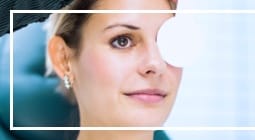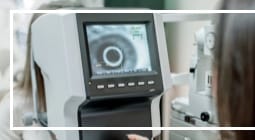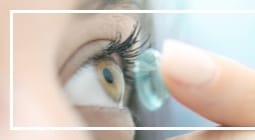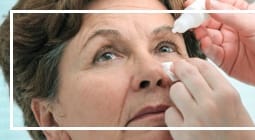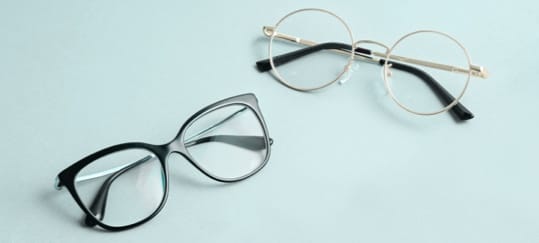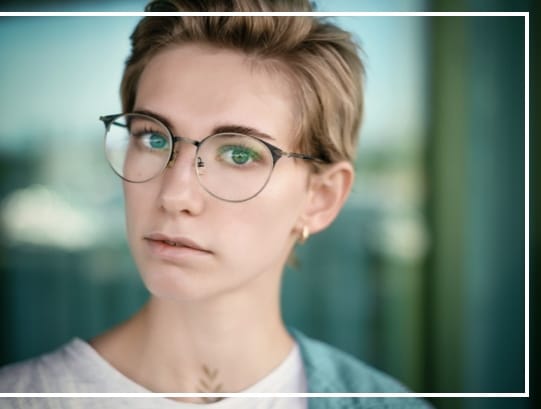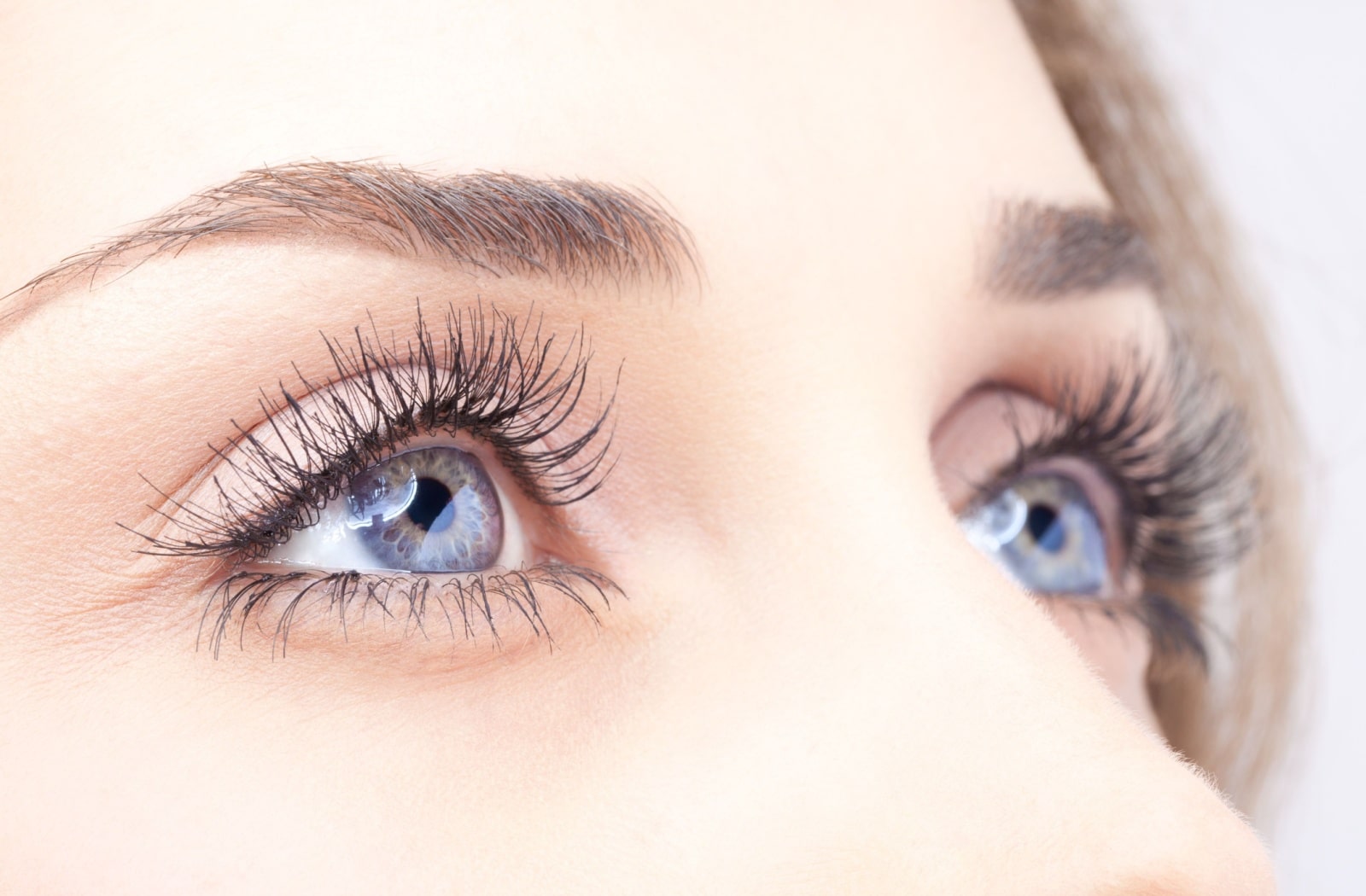According to the American Optometric Association, children should have a regulated eye exam schedule beginning in infancy. Follow these guidelines to help your child develop healthy vision.
- A comprehensive baseline eye exam between the ages of 6 – 12 months
- At least one comprehensive eye exam between the ages of 3 – 5 years to check for any conditions that could have long-term effects
- Annual, comprehensive eye exams starting before first grade



